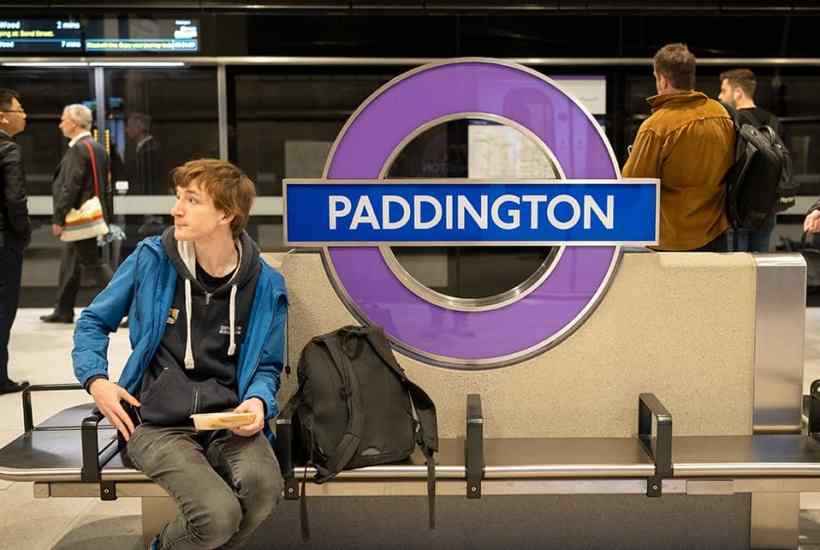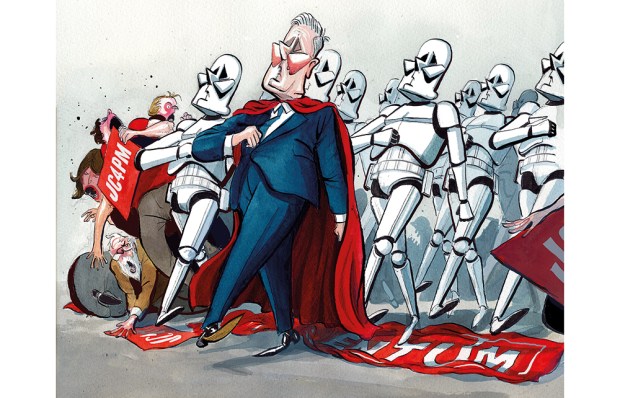BP’s ‘underlying’ first-quarter profit of $6.2 billion, compared with $2.6 billion in the first quarter of 2021, was a direct reflection of the surge in global energy prices. Coming 48 hours before polling day, it also looked like a gift-wrapped on-time delivery for Sir Keir Starmer and his claim that a windfall tax on ‘excess’ profits of North Sea oil and gas extractors would knock £600 off the energy bills of ‘those who need it most’.
Already a subscriber? Log in
Subscribe for just $2 a week
Try a month of The Spectator Australia absolutely free and without commitment. Not only that but – if you choose to continue – you’ll pay just $2 a week for your first year.
- Unlimited access to spectator.com.au and app
- The weekly edition on the Spectator Australia app
- Spectator podcasts and newsletters
- Full access to spectator.co.uk
Or
Unlock this article
You might disagree with half of it, but you’ll enjoy reading all of it. Try your first month for free, then just $2 a week for the remainder of your first year.















Comments
Don't miss out
Join the conversation with other Spectator Australia readers. Subscribe to leave a comment.
SUBSCRIBEAlready a subscriber? Log in